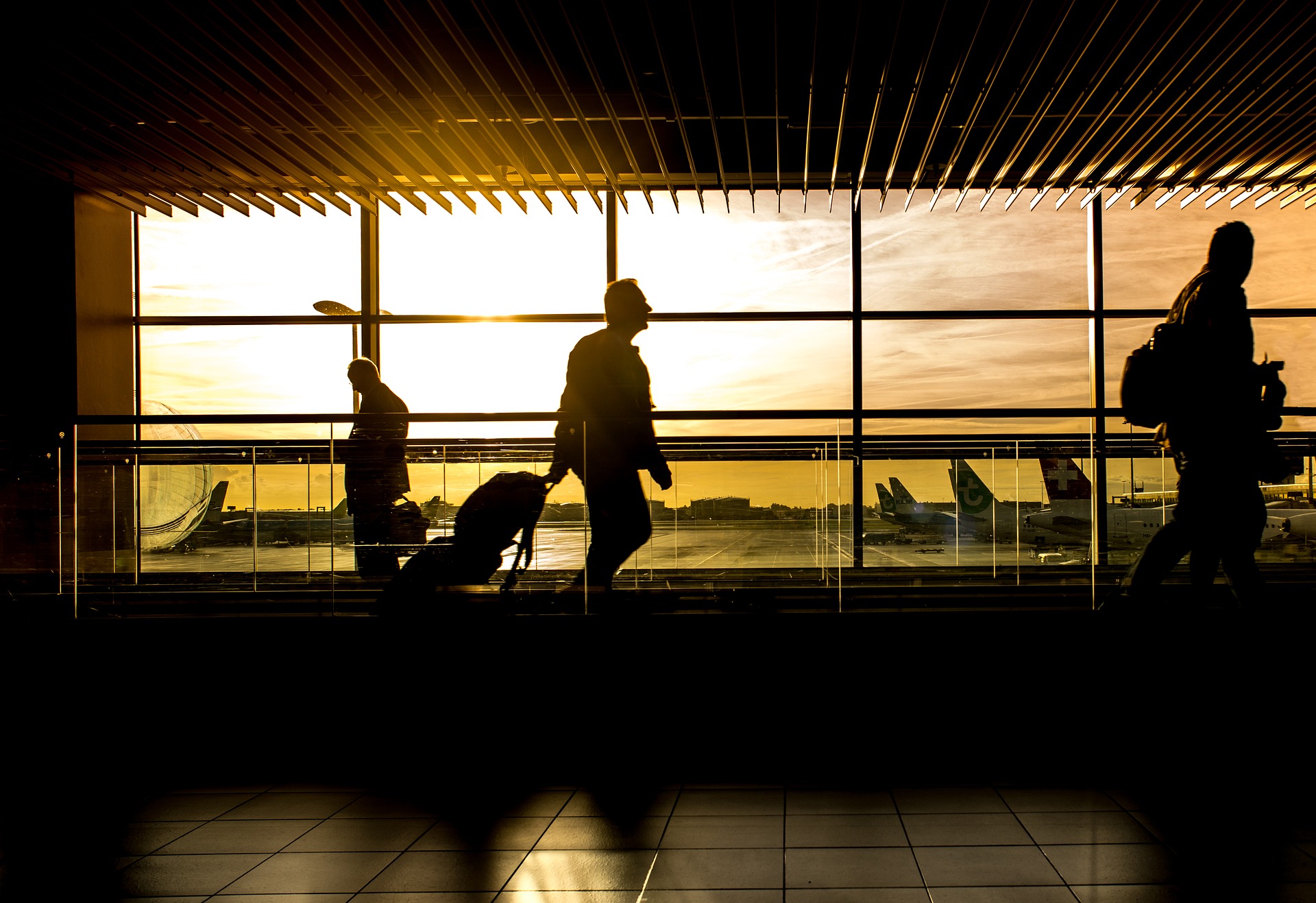The process of simplifying India’s myriad security architecture has been ongoing for a while now. First, we started work on removing the hand-baggage security screening tags. They are gone from 45 Indian airports now. Then, we discontinued the departure card for Indians. While all of this looks like it is habitual, in reality, these are all things that have been done within the past couple of years.
Next steps, move away from stamping boarding passes. This would allow for electronic boarding passes to be ushered in. Delhi Airport is going to be the second airport in India which is going towards the non-stamping of boarding passes. Hyderabad Airport introduced an end-to-end e-boarding process in 2015, while other airports such as Bangalore have been the testbed of electronic boarding with Aadhar.
Now it looks like boarding passes themselves will become obsolete with facial-recognition being tested in 2019 at various Indian airports.
Introduction of facial recognition is a part of the DigiYatra initiative. The plan is to make air travel as frictionless as possible by harnessing biometrics to move towards paperless travel. The aim is to create a digitally unified flying experience with a core common digital platform.
Every passenger will get the opportunity of creating a DigiYatra ID using a valid government-issued identity proof. You can use your driver’s license, voter identity card or even your Aadhaar card for this purpose. Once that’s done, you get to the airport to complete a one-time verification process. In the end, a unique identification number would be generated which will be linked to your face scan.
This unique ID would need to be entered against your tickets to link your facial scan to your ticket.
After that, all you’d need to do is scan your face at various security checkpoints at the airport. If you are like me and prefer physical boarding, you can skip all of this and go about your travels the way you usually would.
The government would start by piloting this project in Hyderabad and Bengaluru by about February 2019. Subsequently, Varanasi, Vijayawada, Pune & Kolkata get this in the next six months. After that, the system would be rolled out in Mumbai and Delhi.
Bottomline
This would be a yet another ambitious initiative, while nothing is being done to solve the real problem of infrastructure. The government expects this to translate into shorter lines while entering the terminal and shorter wait times during security, but with most of our travellers being occasional travellers, would this even work for them? At the same time, we have still some catching up to do in other areas such as immigration and passport control where there is a huge queue every time I land at Mumbai Airport.
Will you sign up for boarding pass-less travel? If not, why?



Regarding the immigration and passport control, have you heard anything more about the proposed e-gates and trusted traveler system that was proposed years ago?
India wants to head toward a super-surveillance state, and with that freedom will die in what was supposed to be a free India.